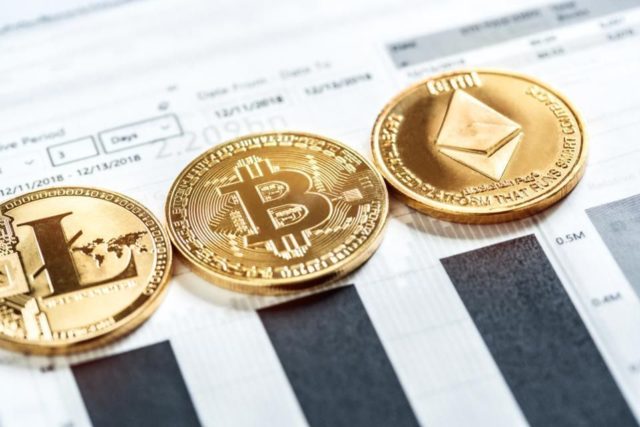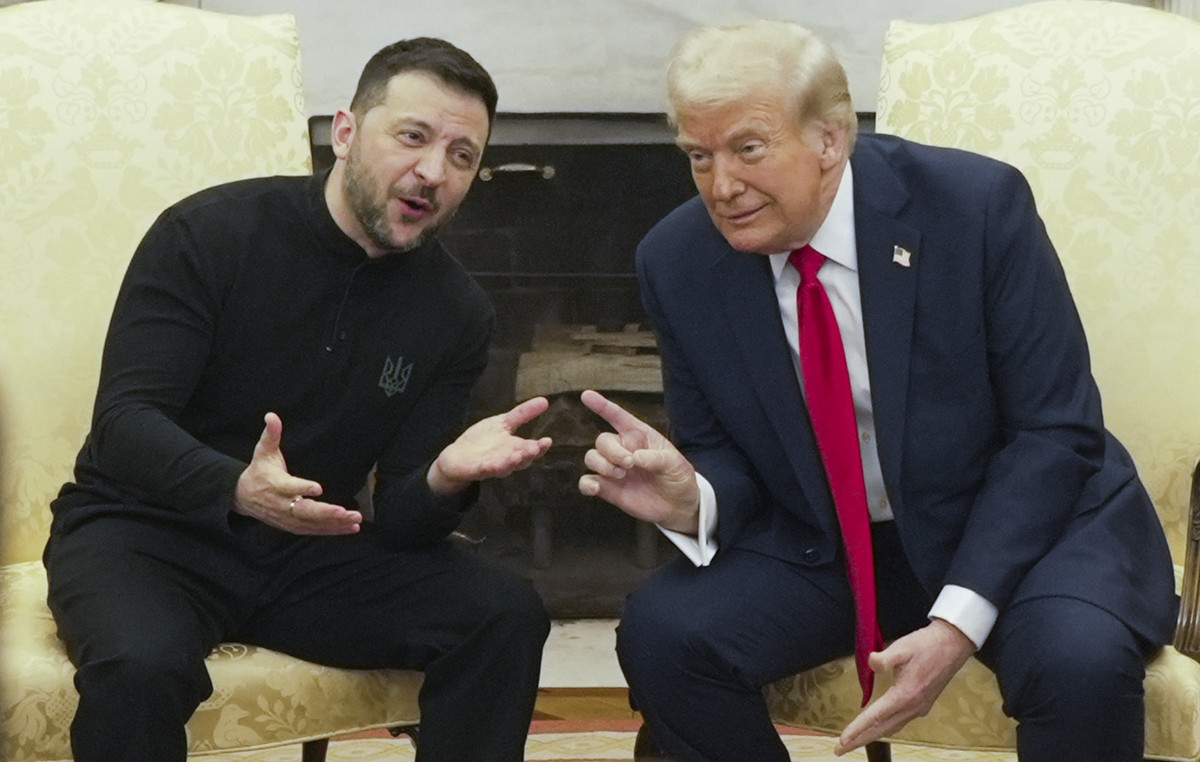Former President of the United States Jimmy Carter died this Sunday (29), aged 100. His mandate at the head of the country, between 1977 and 1981, was full of ups and downs.
On the one hand, it mediated the Camp David accords, leading to a peace treaty between Egypt and Israel, and established full diplomatic relations between the US and China. On the other, it faced an economic recession and one of the biggest crises in American foreign policy: the kidnapping of the embassy in Tehran.
On November 4, 1979, months after the Islamic Revolution in Iran, students seized the embassy and captured 66 Americans. The kidnapping occurred days after the US allowed the Shah of Iran, Reza Pahlavi, who had been deposed by revolutionaries, to enter the country.
The students demanded the extradition of the shah, a US ally whose authoritarian regime sparked a series of protests in the months before the revolution. The kidnapping received public support from Ayatollah Khomeini, Iran’s leader since early 1979.
At first, Carter tried to stifle Iran financially, freezing the country’s assets in American banks. The measure had no effect.
In April 1980, the US severed all diplomatic relations with Iran and imposed new economic sanctions. In the same month, the White House authorized an attempted military rescue of the hostages, Operation Eagle Claw. The operation ended with a plane crash and eight dead American soldiers.
At the end of 1980, negotiations between the US and Iran for the release of the hostages became public. The agreement was only reached on January 19, 1981: the group would be released in exchange for the release of Iranian assets frozen by the American government.
During the kidnapping, the Iranians released 14 hostages, but 52 remained in captivity for 444 days. Their release came on the day of the inauguration of the new US president, Republican Ronald Reagan, on January 20, 1981.
Turbulent term
The Carter administration’s failure in the hostage crisis was one of the main factors that cost the Democrat his re-election.
In 2015, when he announced to the press that he would undergo treatment for brain cancer, Carter was asked if he would have done anything differently as president.
“I wish I had sent another helicopter to look for the hostages. We would have rescued them, and I would have been re-elected”, he declared.
A year earlier, Carter said he could win re-election if he attacked Iran militarily, but he did not want to do so so as not to kill innocent people. “In hindsight, I think I made the right decision, but it wasn’t easy at the time,” he told CNBC in the US.
However, by the time the embassy in Tehran was taken, Carter was already weakened. According to the Gallup institute, between May and November 1979, the Democrat’s popular approval never exceeded a third of the electorate. In September of that year, a Washington Post poll gave him the lowest approval rating for an American president in three decades.
During the Carter administration, the US had some of the highest post-World War II inflation and unemployment rates. In 1980, the country faced an economic recession. The negative economic outlook was directly related to the energy crisis experienced by the USA since the beginning of the 1970s, with the first oil shock.
Carter made reducing US dependence on foreign oil a priority. It managed to reduce consumption and develop emergency reserves, but this did not prevent the country’s economy from suffering the consequences of the second oil shock, in 1979, when the Islamic Revolution interrupted production in Iran.
With all this, Reagan beat Carter in the 1980 elections with a wide margin. The Democrat only won in seven of the 50 American states.
This content was originally published in See historic moments of Jimmy Carter in the US Presidency on the CNN Brasil website.
Source: CNN Brasil
Bruce Belcher is a seasoned author with over 5 years of experience in world news. He writes for online news websites and provides in-depth analysis on the world stock market. Bruce is known for his insightful perspectives and commitment to keeping the public informed.







